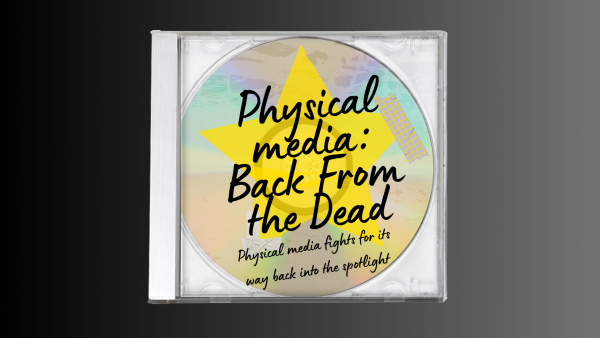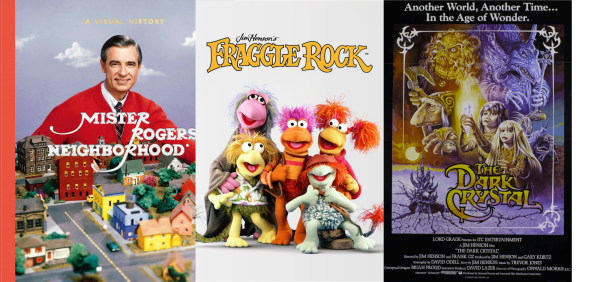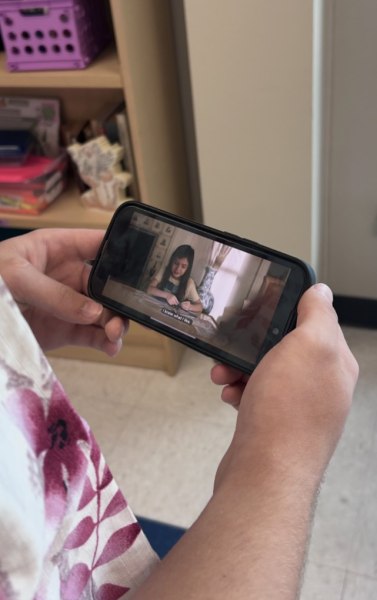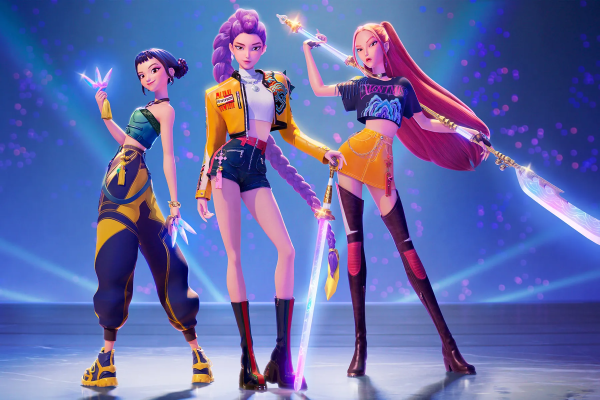Best I Read in January
The Best Four Books of January
Rather than save all of my reading for a large, nearly overwhelming retrospective, I’ve decided to do a monthly reflection on what I’ve read to both decrease the stress and increase the amount of wonderful books I’m able to spotlight. For January, I’ve settled on the top four because there were several books that tied for fifth place and I didn’t feel I could choose one without doing the stories and the readers a disservice. As with the other book round-up, I’ll include a plot description, brief review, and one-sentence opinion summary. These books are ranked from ‘Very Good’ to ‘Best of the Best.’
4. “Last Call at the Imperial Hotel: The Reporters Who Took On The World At War” by Deborah Cohen. A work of non-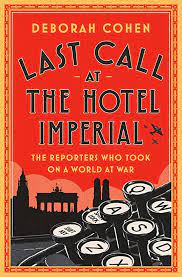 fiction I picked up in my quest to better understand the history of journalism, Cohen’s work chronicles the lives of four foreign correspondents in the time shortly before World War II. Detailing both the professional and public lives of these four, Cohen weaves a story of friendship, difficulty, and the nuance of human relations during difficult times.
fiction I picked up in my quest to better understand the history of journalism, Cohen’s work chronicles the lives of four foreign correspondents in the time shortly before World War II. Detailing both the professional and public lives of these four, Cohen weaves a story of friendship, difficulty, and the nuance of human relations during difficult times.
It is a deeply compelling story anchored by deeply compelling people. Cohen doesn’t shy away from the less than stellar details of their lives, leaving in the messy bits and the reprehensible parts to paint a more complete portrait of the reporters. There’s no blind idolization nor erasure of the facts of the situation; Cohen deftly switches from details of the main four to the details of the world– highlighting their place within the global world and the roles they played in each others lives.
9/10 would watch the reporters fight and write again
3. “Fragile Earth: Writing From the New Yorker on Climate Change” edited by David Remnick and Henry Finder.
Another non-fiction entry, this book is a collection of pieces published in the New Yorker magazine regarding climate change and the modern climate crisis. Spanning a variety of topics from deep-sea concerns to melting glaciers to mass extinction, this work provides a comprehensive deep dive into our world and the problems facing it today.
extinction, this work provides a comprehensive deep dive into our world and the problems facing it today.
“Fragile Earth” is by no means an easy read for several reasons. The obvious being that some essays are more personally focused and cover the climate from a human interest perspective, and others are incredibly detailed reports akin to reading research. All of them are beautifully written and engaging, and make the book hard to read for a second reason: it’s impossible to read without deep-seated feelings of climate anxiety occurring. This is precisely the point, however, and the book spares no punches when describing the true extent of climate catastrophe. It’s eye-opening and changing.
9.3/10 would make my habits more eco-friendly again
2. “Interview With the Vampire” by Anne Rice
Taking place over the course of an evening, Rice’s novel tells the story of Louis de Pointe du Lac, a man who was turned into a vampire in the 1800s. While being interviewed by a young man in contemporary times (the 70s when the novel was published), Louis recounts his undead existence with specific emphasis on his relationship with the vampire who made him.

While I’ve already done an individual review on this book (which I’ve linked above), I felt I would be remiss to not mention it again. Written lyrically and personally, this novel transports the audience not only back in time, but into the mind of a confused young man. It’s a visceral book both in the violence of the character’s species and in the emotional relations detailed within the story, but it’s one that remains impossible to put down. Most importantly, however, Rice captures the difficult elements of the human experience in a true way that leaves the audience feeling seen.
9.5/10 would question my morals because of the undead again
1. “Babel, or the Necessity of Violence” by R.F. Kuang.
Set in the early 1800s at Oxford’s language department– Babel– “Babel” is the story of Robin Swift, a young man taken from his home in Canton by a professor at Oxford to become a student. While Robin is a talented translator and student, the longer he is at Babel, the more he begins to question the school’s place in the system of British Colonialism. And when Robin begins to scrutinize the school, he begins to see the dangerous underpinnings of the school– and empire’s– success.
Kuang proved her talent with “The Poppy War” trilogy, a rich fantasy based on the real Opium Wars, and with “Babel,” she proves her talents once again. “Babel” denies any classification or strict adherence to a particular genre, instead blending together elements of many genres and real history to form an immersive and deeply woven story. “Babel” is both an intimate and sprawling portrait of life, focusing on the intimacy of friendships and the relationship one has with their own identity while simultaneously looking at the role individual people play in society as a whole, and the impact they have. It asks questions about responsibility to oneself, to one’s friends, to one’s culture, and to society at large. There’s never a time in which thinking about “Babel” will not yield reminders of both beautiful writing and moral questions.
she proves her talents once again. “Babel” denies any classification or strict adherence to a particular genre, instead blending together elements of many genres and real history to form an immersive and deeply woven story. “Babel” is both an intimate and sprawling portrait of life, focusing on the intimacy of friendships and the relationship one has with their own identity while simultaneously looking at the role individual people play in society as a whole, and the impact they have. It asks questions about responsibility to oneself, to one’s friends, to one’s culture, and to society at large. There’s never a time in which thinking about “Babel” will not yield reminders of both beautiful writing and moral questions.
10/10 would rethink everything again


